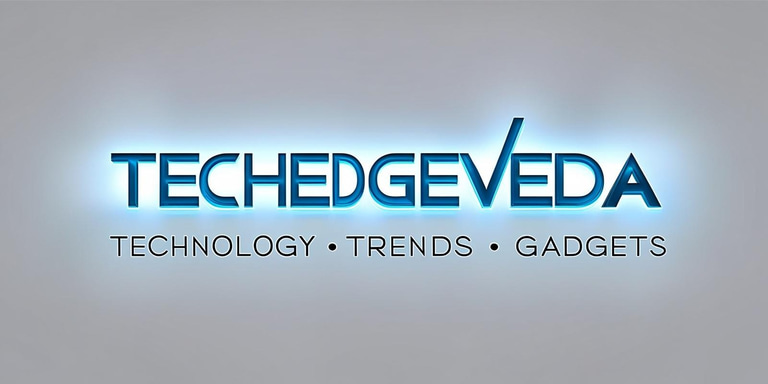
Google’s AI Arsenal Signals a New Era in Drug Discovery
Google has unveiled a suite of advanced AI tools—including the AI Co-Scientist and TxGemma models—aimed at revolutionizing the pharmaceutical R&D pipeline. These technologies promise to streamline drug discovery by accelerating hypothesis generation, molecule analysis, and therapeutic candidate identification. Backed by open access initiatives and major industry partnerships, Google’s AI strategy is reshaping biomedical research.
TechEdgeVeda Editorial
2 min read


In a move that could redefine the pace and precision of pharmaceutical innovation, Google has introduced a new wave of AI-driven tools designed to transform the drug development landscape. As healthcare systems worldwide face growing demands for faster and more efficient treatment solutions, these breakthroughs mark a pivotal shift in how diseases may be tackled in the years ahead.
The AI Co-Scientist Revolution
At the heart of this evolution is Google's AI-powered "Co-Scientist," built on its Gemini 2.0 architecture. This virtual research assistant is capable of generating scientific hypotheses, designing experimental frameworks, and analyzing vast datasets in real time. Operating through a collaborative network of AI agents, it has already delivered impactful insights in critical areas such as antimicrobial resistance and liver disease treatment.
In a notable collaboration with Stanford University and Imperial College London, the AI Co-Scientist identified a novel gene transfer mechanism—later confirmed through traditional research methods. Additionally, it proposed viable drug candidates for liver fibrosis, which were subsequently validated in lab trials.
TxGemma: Open Models for Global Collaboration
Complementing the Co-Scientist is TxGemma, a collection of open AI models built to predict the safety and efficacy of potential therapeutic compounds. Designed for broad use within the scientific community, TxGemma can interpret both natural language and molecular structures such as proteins, RNA, and small molecules.
Set to be released through Google’s Health AI Developer Foundations program, TxGemma emphasizes open access and cross-institutional cooperation. The models enable researchers to ask questions in plain language and receive AI-driven insights into how new compounds might behave—potentially reducing the early-phase workload in pharmaceutical R&D.
Industry Partnerships and Strategic Expansion
Google's AI initiatives are supported by key industry partnerships. Isomorphic Labs, an Alphabet subsidiary, is advancing its first AI-designed drug toward clinical trials and has active collaborations with pharmaceutical leaders Eli Lilly and Novartis. The company's AI-driven approach aims to target diseases with greater precision while minimizing development time and cost.
Google Cloud’s extended partnership with biotech firm Recursion further highlights the tech giant's long-term strategy. Recursion leverages Google’s generative AI to enhance its own drug discovery platform, focusing on faster identification of promising therapeutic candidates.
Regulatory and Market Momentum
The healthcare sector’s growing reliance on AI has spurred regulatory agencies into action. The U.S. FDA and the European Medicines Agency have both released guidance on the use of AI in drug development and approval processes, signaling growing institutional acceptance.
Despite setbacks in the field—such as recent trial failures involving AI-discovered drugs—the market remains highly optimistic. With more than 460 AI startups in drug discovery and over $60 billion in global investment, the momentum behind AI-driven healthcare is stronger than ever.
A Technological Inflection Point
Google’s integrated AI ecosystem—from AlphaFold 3’s molecular interaction predictions to the hypothesis-generating AI Co-Scientist—represents a turning point in drug development methodology. With open access tools like TxGemma democratizing drug research and partnerships fueling innovation at scale, the traditional barriers of time, cost, and complexity in pharma R&D are rapidly eroding.
As AI becomes a collaborative partner in science rather than a mere computational tool, a new paradigm is emerging—one where machine intelligence and human expertise work hand in hand to unlock the future of medicine.
#AIDrugDiscovery #TxGemma #AlphaFold3 #GoogleAI #IsomorphicLabs #BiomedicalAI #GeminiAI
